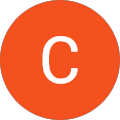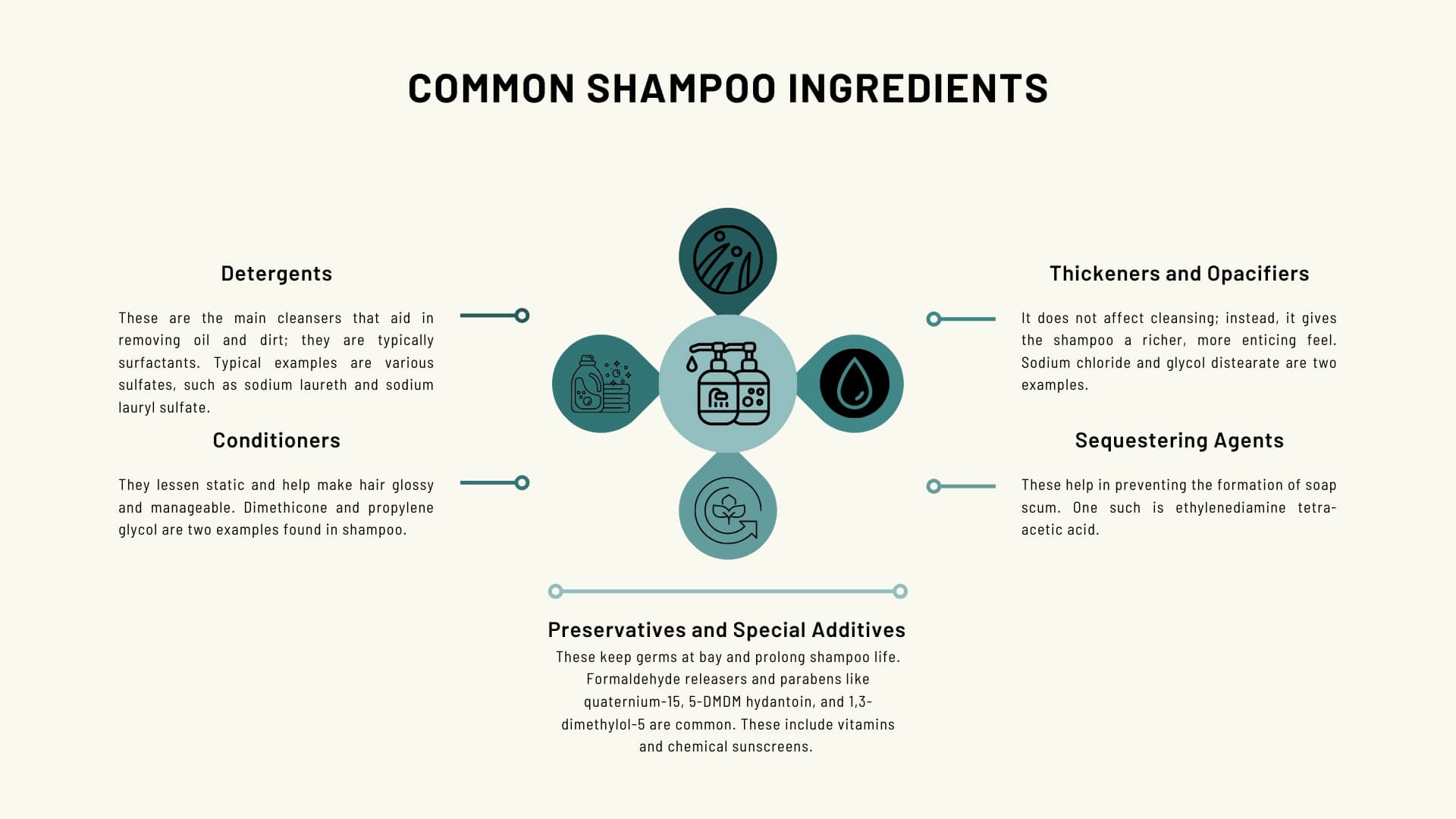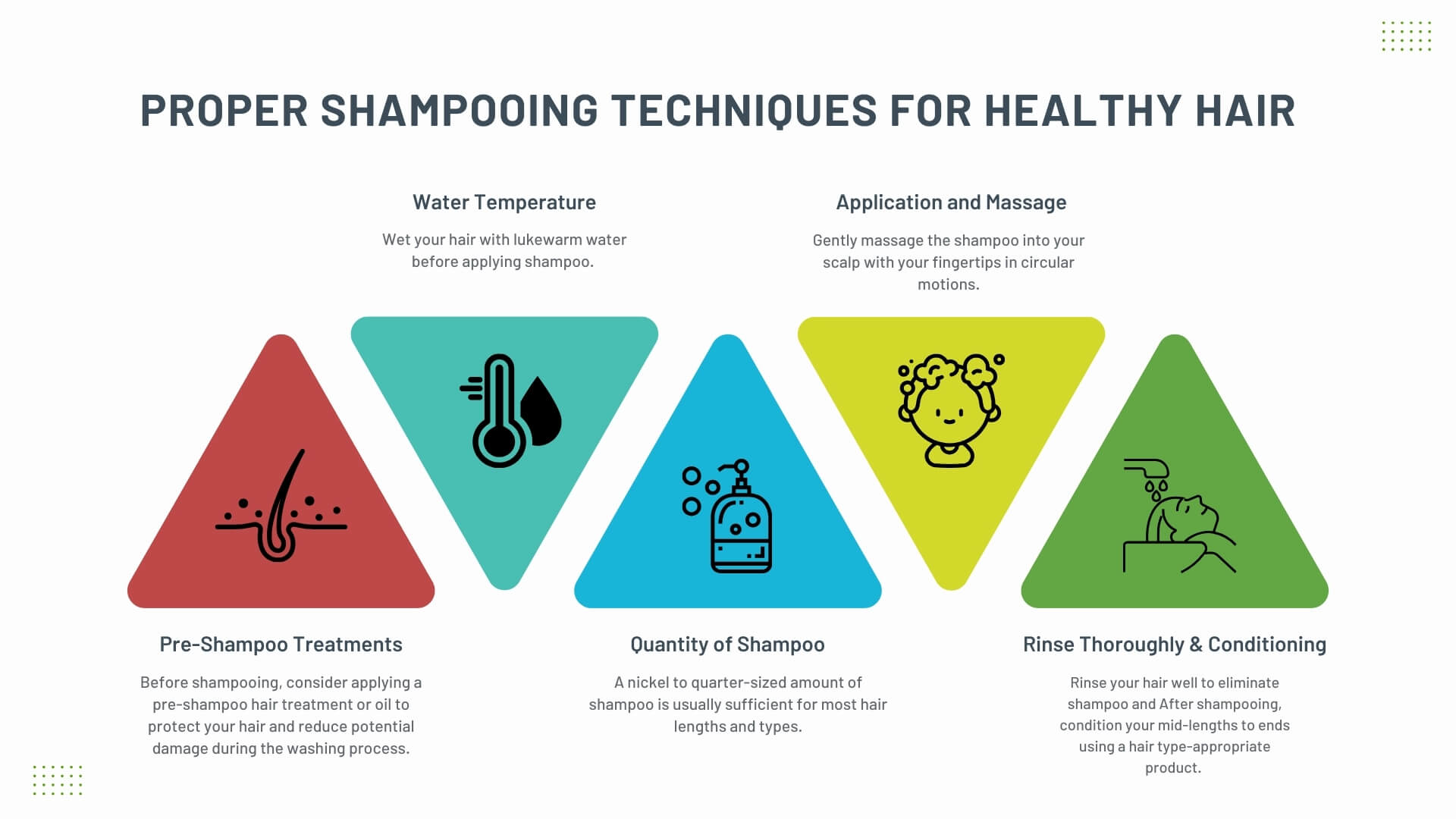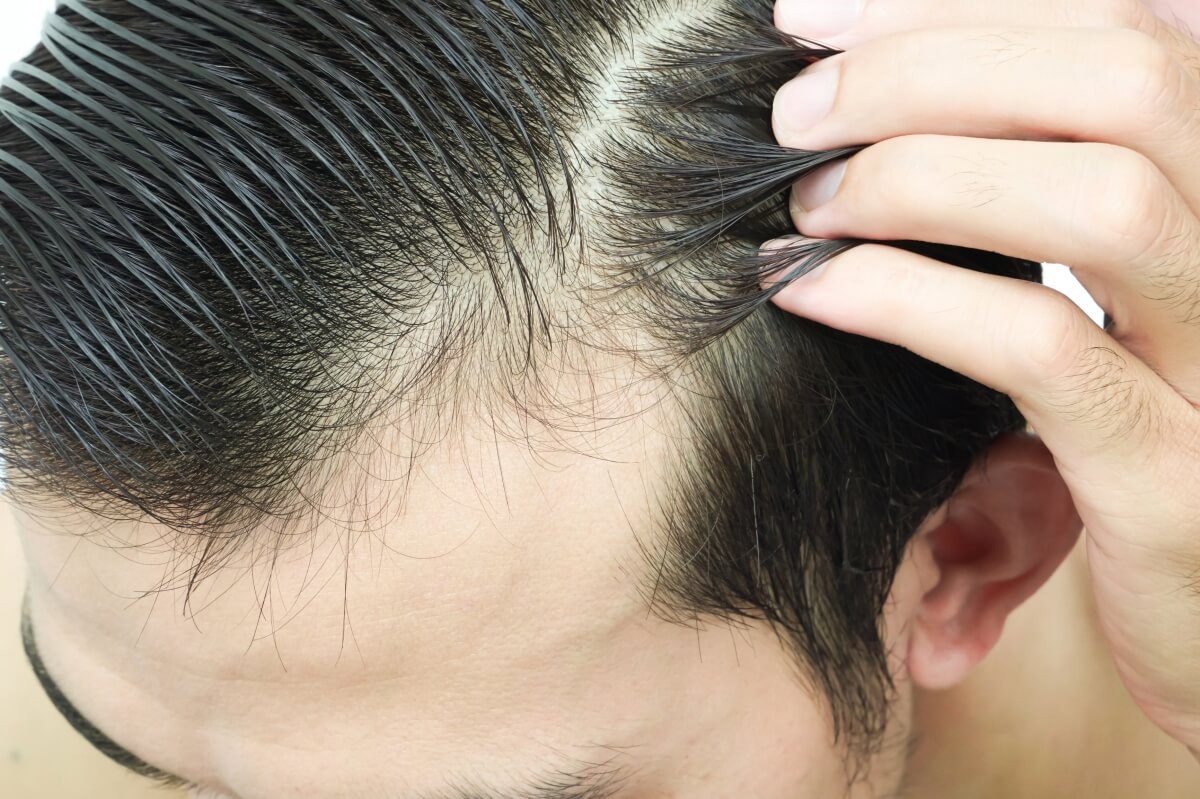Shampoo and Its Role in Hair and Scalp Health: Causes, Concerns, and Care Tips
Shampoo is an essential part of the daily hair care routine for people all around the world. It plays a crucial role in maintaining scalp and hair health by cleansing dirt, oil, sweat, and buildup from hair follicles and strands. However, questions often arise about whether shampoos or specific shampoo ingredients can cause hair loss or exacerbate scalp problems like dandruff, dryness, or irritation.
In this article, we explore how shampoo ingredients, chemicals, and hair products impact hair growth, shedding, and thinning. We’ll discuss the science behind hair follicles, scalp conditions, and hair texture changes caused by different hair care treatments, including the use of sulfates, formaldehyde derivatives like DMDM hydantoin, and other common additives. Alongside, we offer practical tips on choosing the right shampoos and conditioners, managing scalp sensitivity, and preventing hair damage, breakage, and brittle strands.
Understanding Hair Loss: Causes and the Role of Shampoo
Hair loss is a common concern affecting both men and women, resulting from a complex interplay of genetic, environmental, hormonal, and lifestyle factors. The scalp and hair follicles are sensitive to changes in chemical exposure, stress, medications, illness, and even diet—all of which affect the content of essential nutrients and are recognized as common reasons for disrupted hair growth and increased shedding.
Research and clinical studies have shown that certain shampoo ingredients—especially harsh sulfates and chemicals like formaldehyde-releasing preservatives—can irritate the scalp and potentially damage hair follicles over time. This damage may contribute to increased shedding, hair thinning, or brittle hair that is prone to breakage.
Common Causes of Hair Loss and Hair Thinning
- Genetics: Androgenetic alopecia is the most common cause, impacting hair follicle health and causing gradual thinning.
- Hormonal Changes: Pregnancy, menopause, thyroid disorders, and medications can shift the hair growth cycle.
- Scalp Conditions: Dandruff, seborrheic dermatitis, and psoriasis cause scalp irritation and inflammation.
- Chemical Exposure: Frequent use of hair products with sulfates, parabens, and formaldehyde can strip moisture and damage hair texture.
- Stress and Illness: Oxidative stress and systemic illnesses can induce shedding (telogen effluvium).
- Hairstyles and Mechanical Damage: Tight braids and excessive brushing can cause damage to follicles, leading to traction alopecia.
- Nutritional Deficiencies: Lack of essential vitamins and poor diet affect hair strength and growth.
Shampoo Ingredients and Chemicals
The main purpose of shampoo is to cleanse the scalp and hair by removing oil, dirt, sweat, and product buildup. However, not all shampoos are created equal. The ingredients used can vary significantly and have a substantial impact on scalp and hair health.
Key Shampoo Ingredients
- Sulfates (e.g., sodium lauryl sulfate, sodium laureth sulfate) are surfactants that create lather but may strip natural oils and cause scalp dryness and irritation.
- Conditioners and moisturizers (like glycerin, silicones such as dimethicone) smooth hair texture but can build up and weigh hair down.
- Preservatives like DMDM hydantoin release formaldehyde, a chemical associated with scalp sensitivity and potential allergic reactions.
- Fragrances and dyes may cause irritation, especially in sensitive scalps.
- Botanical extracts and vitamins (biotin, niacin) claim to nourish hair follicles and promote hair growth.
- pH balancers help maintain scalp health and moisture balance.
Chemicals to Watch Out For
- Formaldehyde and Formaldehyde Donors: These can cause scalp irritation and are implicated in some class-action lawsuits regarding hair damage.
- Harsh Sulfates: Although effective cleansers, they may cause dryness, brittle hair, and scalp problems if used excessively.
- Alcohols: Some drying alcohols strip moisture leading to breakage.
- Silicones: While protective, overuse can lead to buildup that blocks hair follicles and affects scalp health.
The Effect of Shampoo on the Scalp and Hair Follicles
The scalp is the foundation for healthy hair growth. Its condition directly impacts hair follicle health and, consequently, hair volume, texture, and strength.
- Scalp Irritation and Sensitivity: Harsh shampoo ingredients can cause redness, itchiness, and inflammation, damaging the skin barrier and disrupting the natural sebum balance.
- Dryness and Moisture Imbalance: Overwashing or using inappropriate shampoo types can strip away essential oils, leading to dryness and brittle hair strands.
- Follicle Buildup and Blockage: Heavy silicones or residue from hair products may clog follicles, reducing oxygen and nutrient supply essential for hair growth.
- Dandruff and Flaking: Poor scalp hygiene or reaction to shampoo ingredients may worsen dandruff, contributing to scalp discomfort and hair loss.
- Hair Breakage and Shedding: Damaged hair shafts are prone to breakage, which can mimic hair loss and reduce overall hair volume.
Over-Shampooing and Hair Damage
While shampooing is necessary for removing dirt, oils, and sweat, overdoing it can disrupt the scalp’s natural oil production. Many people keep their eyes on daily shampooing as a must, but dermatologists and hair experts suggest the frequency depends on hair type, scalp condition, and lifestyle factors.
- Oily scalp and hair types may require more frequent washing to control excess sebum.
- Dry or sensitive scalps benefit from less frequent shampooing with gentle, sulfate-free products to maintain moisture balance.
- Hair Texture Considerations: Curly, coarse, or brittle hair often needs milder shampoos and conditioning treatments to prevent damage.
Dermatology Insights: Shampooing Tips and Hair Care Routine
Experts in dermatology recommend a scalp care routine tailored to individual hair types and scalp conditions:
- Choose shampoos with mild ingredients, avoiding sulfates, formaldehyde donors, and heavy silicones.
- Use conditioner after shampooing to replenish moisture, improve hair texture, and reduce breakage.
- Avoid using hot water during washing, as it can exacerbate dryness and scalp irritation.
- Massage shampoo gently with fingertips rather than nails to stimulate scalp circulation and avoid follicle damage.
- Rinse hair thoroughly to remove all shampoo residue, preventing follicle clogging.
- Incorporate scalp treatments or medicated shampoos if dandruff or scalp conditions are present.
- Limit heat styling and harsh brushing to prevent hair damage.
- Consult a dermatologist if you notice persistent scalp irritation, hair thinning, or excessive shedding despite changes.
Hair Growth and Shedding: The Hair Cycle and Shampoo Effects
Hair growth follows a cycle comprising three main phases:
- Anagen (Growth Phase): Hair actively grows from follicles.
- Catagen (Transition Phase): Growth slows down, follicles shrink.
- Telogen (Resting Phase): Hair sheds, making way for new growth.
Excessive shampooing or harsh products can push more hairs prematurely into the telogen phase, increasing shedding and reducing overall volume.
Special Considerations: Hair Types and Scalp Conditions
Different hair types and scalp conditions require personalized shampoo choices and routines:
- Dry, Brittle Hair: Use moisturizing shampoos and conditioners rich in oils like argan or jojoba.
- Oily Scalps: Clarifying shampoos with gentle sulfates can help control excess sebum without stripping moisture.
- Dandruff-Prone Scalps: Shampoos containing zinc pyrithione, ketoconazole, or coal tar are effective treatments.
- Sensitive Scalps: Hypoallergenic shampoos free of fragrances and preservatives minimize irritation.
- Hair Thinning or Hair Loss: Products with caffeine, biotin, or essential vitamins support hair follicle health but consult a dermatologist for underlying causes.
Alternatives and Additional Hair Care Treatments
For people with scalp sensitivity or specific hair issues, alternatives to traditional shampooing can be beneficial:
- Co-washing (Conditioner Washing): Using only conditioner to cleanse hair gently without stripping oils.
- Dry Shampoo: Useful for reducing oil and dirt between washes, but should not replace shampooing entirely.
- Natural Remedies: Rinses with diluted vinegar or baking soda can restore pH balance.
- Scalp Treatments: Oils, serums, and medicated products help manage scalp conditions and promote hair growth.
The Role of Diet, Lifestyle, and Medical Treatments
Healthy hair growth depends not only on external care but also on internal factors:
- Balanced diet rich in protein, iron, vitamins (especially biotin, vitamin D, and B-complex), and minerals supports hair follicle function.
- Managing stress and oxidative stress through mindfulness and lifestyle adjustments can reduce hair shedding.
- Medications and Treatments: Certain drugs may cause hair loss; dermatologists can recommend alternatives or adjunct treatments.
- Hair Care Tools: Use wide-toothed combs, gentle brushes, and avoid excessive heat tools to minimize hair damage.
Hair Damage, Class-Action Lawsuits, and Consumer Rights
In recent years, some hair products containing chemicals like formaldehyde-releasing agents have been subject to class-action lawsuits due to alleged hair damage, scalp irritation, and hair loss. Consumers should stay informed by reading product labels, checking reputable sources and dermatology articles, and reporting adverse effects to health authorities.
Summary: Shampoo’s Impact on Hair and Scalp Health
In conclusion, shampoo is a powerful tool in hair care when used wisely. The benefits of choosing the right hair products go beyond cleanliness—they help support long-term scalp health and hair vitality. Selecting the right shampoo and conditioner based on your scalp and hair type, understanding how certain ingredients may effect your hair, and following thoughtful steps in your care routine are crucial for maintaining healthy growth and minimizing shedding and damage.
It’s also important to pay attention to the amount of shampoo you use and the ways you apply it, as overuse can strip away natural moisture and lead to brittle strands. The best shampoos are the ones that work with your hair’s unique texture and needs—these small things make a big difference over time.
When issues like dandruff, hair thinning, or persistent scalp irritation become ongoing concerns, seeking professional guidance is the next smart step. With a dermatologist’s recommendations and the right products in hand, you can take proactive control over your hair’s health. By taking care of your scalp and hair now, you’re investing in better results and a more confident quality of life.
Take the Next Step Toward Healthier Hair
If you’re noticing changes in hair texture, increased shedding, or scalp irritation, it’s important not to ignore these signs. Your hair and scalp health deserve expert care and attention.
At Neograft Hair Restoration Orange County, we provide personalized solutions and advanced treatments designed to restore your hair’s volume, strength, and overall health. Whether you’re dealing with hair thinning, damage from products, or other concerns, our experienced team is here to help.
Don’t wait — book a consultation today with Dr. George Brennan at Neograft Hair Restoration Orange County, and put your hair in the hands of trusted professionals who understand your unique needs.
Frequently Asked Questions (FAQs)
Can shampoo cause hair loss or thinning?
Shampoo alone rarely causes hair loss, but harsh chemicals like sulfates or formaldehyde-releasing preservatives may irritate the scalp and weaken hair follicles, leading to shedding and breakage.
How often should I shampoo to keep my scalp healthy?
It depends on your hair type and scalp condition. Typically, washing every 2-3 days is sufficient; oily scalps may need more frequent washing, while dry scalps benefit from less.
Is dandruff a cause or result of shampooing?
Dandruff is often caused by scalp sensitivity, fungal overgrowth, or dryness. Using medicated shampoos and gentle care can control symptoms.
Are natural or sulfate-free shampoos better for hair growth?
They are generally gentler, maintain moisture balance, and reduce scalp irritation, which supports healthier hair follicles and growth.
Can overuse of styling products lead to scalp problems?
Yes, buildup from hair products can clog follicles and disrupt scalp health, contributing to shedding and irritation.
How do diet and vitamins affect hair health?
Proper nutrition supplies essential vitamins and minerals that nourish hair follicles and promote growth; deficiencies can lead to hair thinning and poor strand quality.
When should I see a dermatologist about hair loss?
If you experience persistent shedding, scalp irritation, dandruff, or sudden changes in hair texture or volume, a dermatologist can diagnose underlying causes and offer expert advice on the most effective treatment options.
What are some tips to prevent hair damage during washing and styling?
Keep in mind the importance of gentle care—use a soft brush, avoid tight styles, and focus conditioner on the length of your hair. In fact, minimizing heat and rough handling goes a long way in protecting hair health.
Can age affect how hair responds to shampoo?
Yes, age plays a role in how the scalp and hair react to different products. As we get older, hair may become drier or more fragile, requiring a gentler process and more nourishing shampoo ingredients to maintain strength and volume.
What’s a good reason to switch shampoos?
A common reason to change shampoos is persistent irritation, dryness, or lack of results. If your current hair care routine isn’t working or your situation has changed—like experiencing hair thinning or scalp sensitivity—it’s smart to explore other options suited to your needs.
Related Posts
- Hair Restoration Statistics 2023
- Do Hair Transplants Really Work?
- What Are The Pros And Cons Of A Hair Transplant?
- Do Hair Transplants Last Forever?
- How to Stop Alopecia Areata From Spreading
- Can Dandruff Cause Hair Loss?
- What is a Neograft Hair Transplant?
- Beard and Facial Hair Transplants
- What’s the Difference Between Hair Shedding and Hair Loss?















